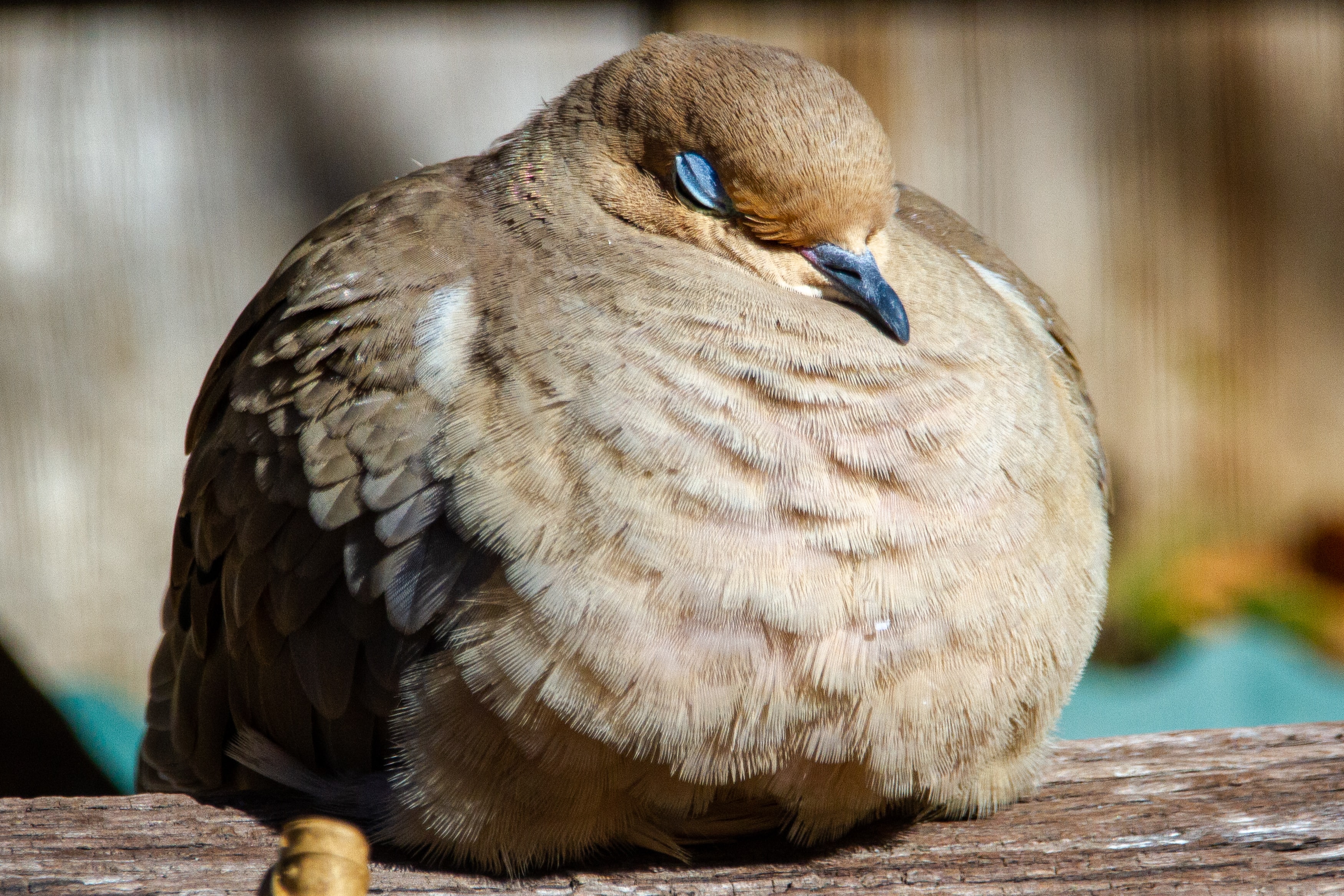News release
From:
Sleep is found in every animal studied to date, from jellyfish and flatworms to birds and mammals. In humans, sleep deprivation affects speech and language learning. Birds use vocalisations for recognition, mate attraction, and resource defence. However, research on the effects of sleep disturbances on bird vocalisations is scarce. Consequently, there is a critical gap in our understanding to which extent sleep disturbances disrupt communication. We argue that sleep disturbances will likely affect birds' vocal performance and learning. Vocal changes caused by lack of sleep might have adverse consequences for birds' reproductive success and survival.
Expert Reaction
These comments have been collated by the Science Media Centre to provide a variety of expert perspectives on this issue. Feel free to use these quotes in your stories. Views expressed are the personal opinions of the experts named. They do not represent the views of the SMC or any other organisation unless specifically stated.
Juliane Gaviraghi Mussoi, Doctoral Candidate, School of Biological Sciences, University of Auckland
When we have a bad night of sleep, it's hard to communicate effectively: our speech gets slurred and we have a hard time expressing our thoughts. Birds seem to be having the same problem.
Birds sing to protect territory, find mates and communicate with each other. Therefore, if sleep disturbances (e.g. light/noise pollution), can affect how birds sing, this can have negative consequences on birds reproduction and even survival.
However we are still learning about the effects a bad night of sleep can have on how birds sing.
This manuscript is an opinion piece, in which we discuss the previous studies that demonstrate the importance of sleep to bird song, and advocate for future research in the field.
This is part of a PhD project in which we research the effects of sleep disturbances on Australian magpies and common mynas. We are currently writing up the manuscript on mynas.



 New Zealand
New Zealand



